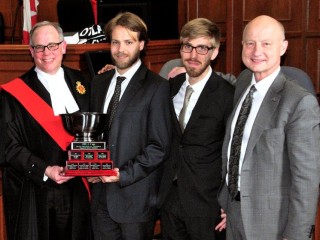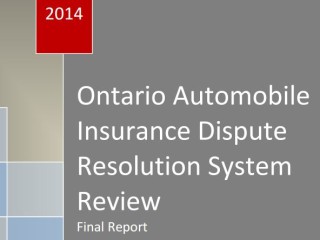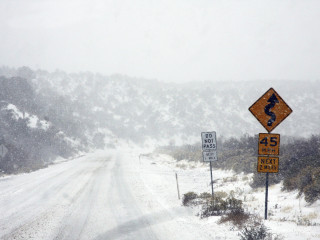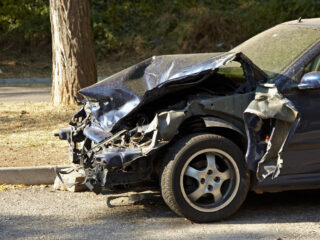In what is believed to be the first LAT decision on catastrophic impairment, Vice-Chair Flude held that the applicant, who had been intubated and sedated before having GCS scores of 9 or less recorded, had suffered a catastrophic impairment.
Heard November 29, 2016 | Full Decision [OTLA Document Bank]
The applicant was injured in a collision on October 2, 2015. Her injuries included a subarachnoid haemorrhage and a large laceration of her scalp that exposed her skull. She also suffered serious orthopaedic injuries, including multiple fractures of her pelvis.
In the ambulance en route to the emergency room, her GCS score was 12. In the emergency room, her GCS fluctuated between 13 and 10. She was intubated and given medication to assist in the intubation process, including sedation. Her GCS scores dropped to between 7T to 2T during an air ambulance trip to a trauma centre.
The parties agreed that the SABS sets out a four point test
- Did the applicant suffer brain impairment as a result of the accident;
- Did the brain impairment result in a GCS score of 9 or less;
- Was the GCS test administered within a reasonable time following the accident; and
- Was the GCS administered by a person qualified to do so?
The insurer relied on the evidence of neurologist, Dr. Gary Moddel. Dr. Moddel noted the drop of the GCS to 7T but attributed it to sedation and noted there was “no evidence of any neurological deficit.” He took note of the subarachnoid hemorrhage, but felt that the applicant’s subsequent recovery meant that the test was not met because there was no evidence of continuing neurological deficit.
Vice-Chair Flude held that there was nothing in s. 3(1)(2)(d)(i) of the SABS that required an ongoing neurological deficit for an applicant to qualify for catastrophic impairment based on a depressed GCS score.
On behalf of the appellant, Dr. Harold Becker testified that a GCS score from an intubated patient is reliable, and cited a paper by the authors of the GCS test. Vice-Chair Flude accepted that the GCS scores below 9 were valid. He then turned to the issue of causation.
Dr. Becker gave evidence that the applicant was hypervolemic and her blood pressure was dropping. He stated that hypervolaemia will result in depressed brain function and a lower GCS score. Vice-chair Flude took note of the GCS scores ranging between 13 and 10 before intubation in support of this proposition. He also noted that Dr. Moddel did not comment on the lower scores upon the Applicant’s arrival to the Toronto trauma centre and did not tie the further depressed scores to an increase in sedation.
Vice-Chair Flude held that the GCS scores were caused by a combination of the brain injury and hypervolaemia.
Read the full decision on the OTLA Document Bank








